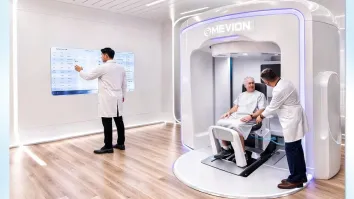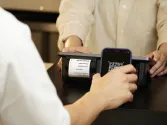
Chinese pharma firms suffer as generic drug crackdown gathers pace
Only 58 drugs have been approved.
Chinese pharmaceutical companies are bearing the brunt of the government’s bioequivalence test programme, which aims to improve the quality of generic drugs.
These regulations are geared at promoting product quality improvement and competition and aims to further lower prices to make drugs more affordable and meet the urgent needs of patients.
“Fearing price cuts and regulatory risks, the sector has seen a significant de-rating in the past few months,” UOB Kay Hian noted in a report.
Only 58 drugs of 107 specifications have passed the bioequivalence test, still a long way to go from the government’s year-end target of 289 drugs.
In the meantime, more provinces - Hunan, Jiangsu, Hubei, and Heilongjiang - have issued policies to suspend procurement of generic drugs which have failed to pass the BE test.
“(As a result), companies have accelerated their bioequivalence test progress to retain market share,” the report noted.
Price negotiations are expected to continue in 2019.
“We expect the nationwide drug price negotiations via GPOs and provincial tenders will gradually spread across the country in 2019. Price negotiations will reshape the industry structure and put pressure on margins for generics, but may boost sales volume for BE qualifiers,” the report noted.
“In the midst of price competition for generics, pharmaceutical companies have increased investment in innovative product R&D. In the meantime, they have also sped up BE tests to become the foremost BE qualifiers to enjoy first-mover advantages,” the report noted.



















 Advertise
Advertise






